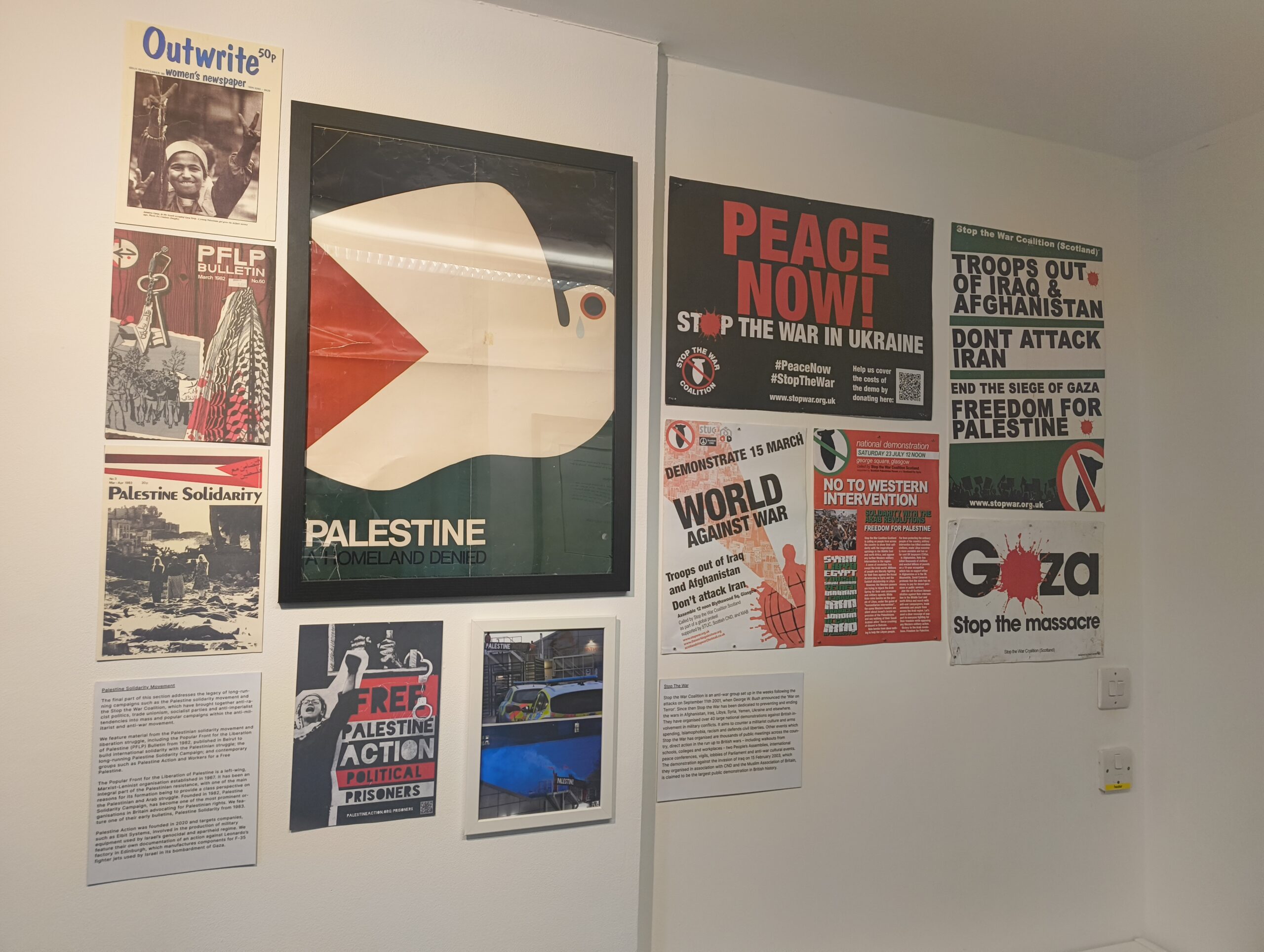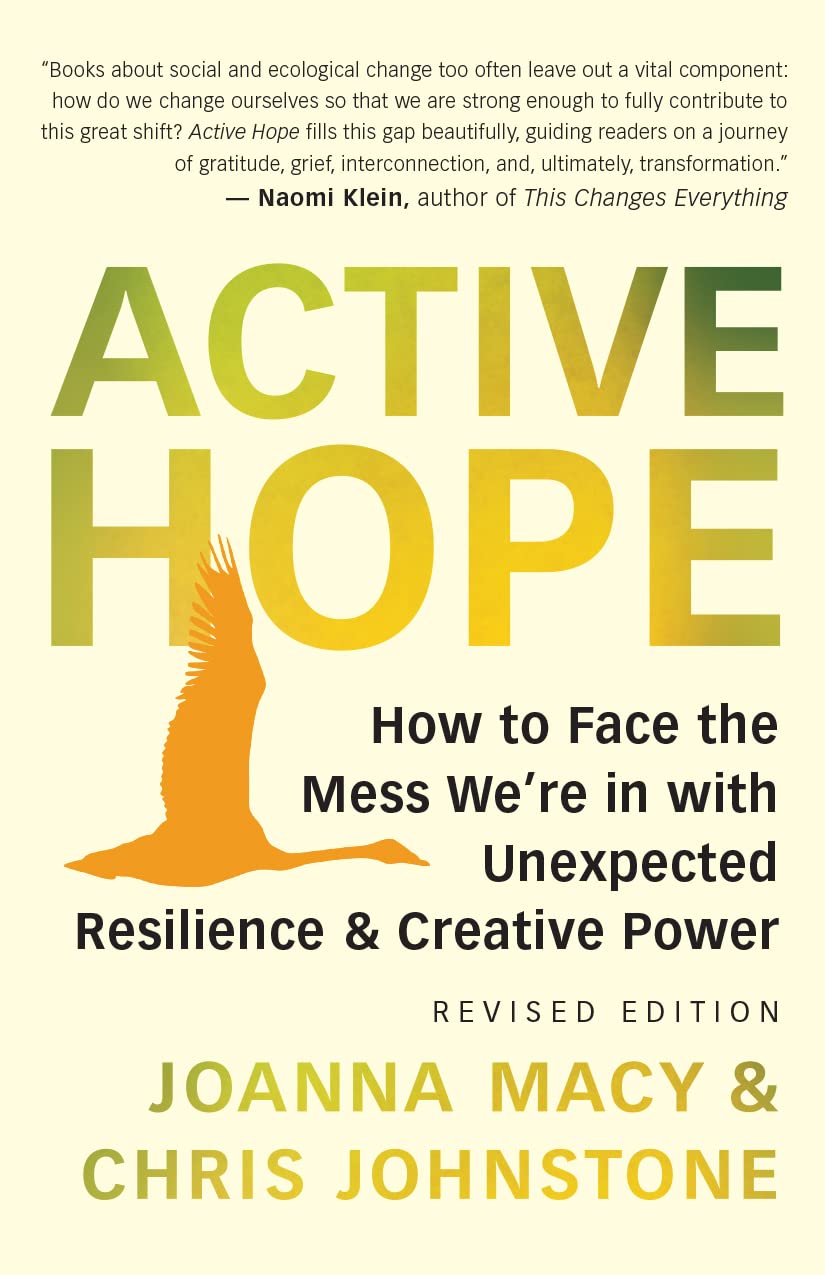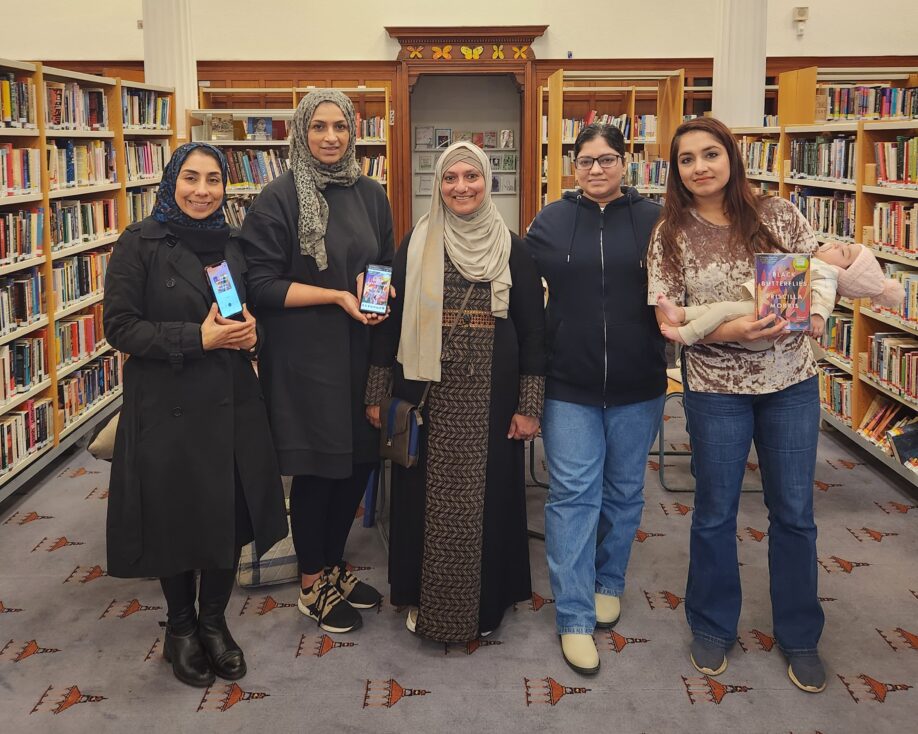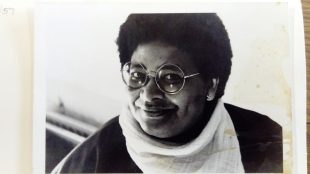
Archive volunteer, Ellen Embleton, introduces us to the collection she has just catalogued, the papers of writer and activist Barbara Burford.
The personal papers collection of Barbara Burford forms part of the Lesbian Archive here at the Glasgow Women’s Library. For the past few months, I have had the pleasure of cataloguing the materials within this collection and getting to know the fascinating woman behind them.
Barbara was born in Jamaica in 1944 and moved to London with her family in 1955. It was here that she studied Medicine at University and began her career in the NHS. Barbara’s involvement in the NHS was all encompassing; from working in postgraduate teaching hospitals, to leading a team at Great Ormond Street Hospital for Children, to making breakthroughs in heart and lung transplant surgery for infants and children. She campaigned for equality and diversity in all that she did for the NHS and was responsible for the issuing of Positively Diverse – a programme of guidelines designed to help achieve equality in the NHS. Not only that, but during this time Barbara was an active writer and was in the process of building up an impressive body of poetry, plays and novellas.
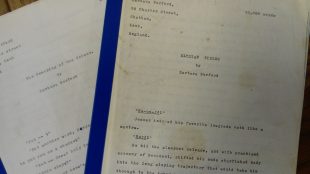
A large part of Barbara’s collection consists of draft copies and final copies of these fictional works. We have some of her more high-profile pieces, such as the play Patterns which was performed in 1984 in the Drill Hall Theatre (London), and some short stories from the Threshing Floor (1988), a short story collection with a range of awe-inspiring female protagonists, as well as some of her lesser known works, such as Finders Keepers (1978), a story about two individuals who find themselves living on an uninhibited island. Much of Barbara’s fiction represented a response to what she saw as the overly controlled, restrictive version of reality perpetuated by the media in Britain in the 1970s and 80s. She was of the belief that the lives of young women of colour received minimal coverage within this version, and she was committed to creating characters in her writing that these young women could see themselves in and relate to. While Barbara does explore the stifling effects of sexism, homophobia and racism through some of her characters, she also creates some awesome all-female collectives within her writing, who work together against society’s alienation to great ends. Barbara also had a passion for sci-fi and many of her novellas, including Elysian Fields and The Trooping of the Colour, transport their readers to worlds of female-led spacecrafts.
Barbara’s active involvement in feminist politics and her commitment to diversifying the world of British literature really can be sensed in all the materials within this collection. In her introduction to A Dangerous Knowing: Four Black Women Poets, an anthology that Barbara edited, Barbara describes herself as a woman who “write[s] science fiction, poetry and prose and can never win at scrabble because I get drunk on words!”. I think these words really encapsulate another important feature of this collection and of Barbara’s work, and that is her warmth and sense of humour, both of which leave her very much at home in the Lesbian Archive at Glasgow Women’s Library.
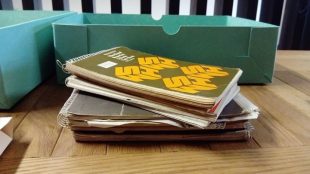
All of the items mentioned in this blog post – and much more! – can be browsed online via the catalogue and are available for viewing upon consultation with the Glasgow Women’s Library’s Archivist.
Ellen Embleton

